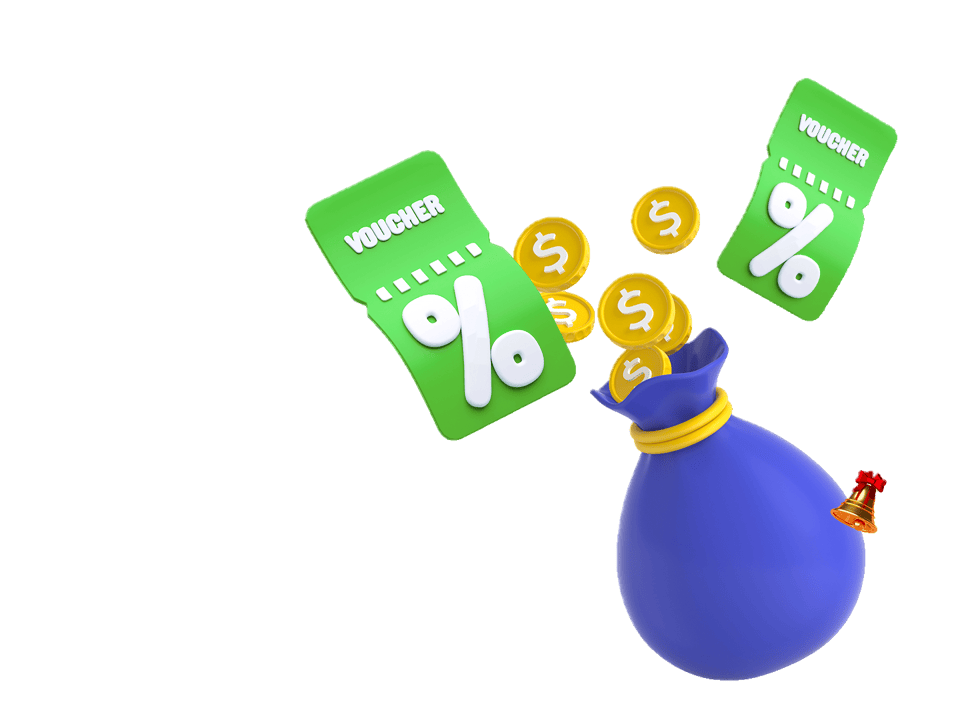How Does Credit Card Fraud Happen in Singapore?
Updated: 12 Dec 2025
Many instances of credit card fraud in Singapore actually happen out of carelessness. Here's what you can do to avoid being a victim.

Credit card fraud has grown more prevalent in Singapore, due to the rise of online shopping. As digital transactions are an inevitable part of the future, there’s no reason to fear it.
All you need to do is take a few basic precautions.
How Does Credit Card Fraud Happen?
Once you understand a few basic things about credit card fraud, you’ll also know more about how to avoid becoming a victim.
-
Most thieves are opportunists, not genius hackers
-
The credit card thief probably won’t be the one to use your card
-
Many credit card numbers are stolen due to poor trash disposal
-
Fake wi-fi hotspots are now a favourite way to steal card numbers
-
“Skimming” is an old fashioned method that you still need to watch for
Most Thieves are Opportunists, Not Genius Hackers
Contrary to what you see in movies, most thieves don’t steal your credit card by hacking into your computer or into a bank’s security system. Those things require a degree of expertise that most people don’t have. Like robbing a bank, the amount that can be stolen is seldom worth the effort.
Credit card thieves don’t like to use sophisticated methods; they mostly just target careless people. For example, they may call you and claim there’s a problem with your transaction - could you please read out your card number and CCV number?
If you read it out, your card gets stolen.
Another simple method is looking in your mailbox. Some thieves steal letters out the boxes with devices like modified tweezers. When they find a credit card, they note the number and address, and then replace the card.
A few days later, they’ll call you pretending to be the bank. They’ll cite your card number, address, name, date, and even the day of the card’s delivery (it makes them seem like the real bank). They’ll then explain there are suspicious charges, and they can clear it up if you give them the CCV number on the back. If you do, they’ll steal the card as they already have the number.
How to Avoid This:
If you don’t disclose your card numbers over the phone, and you keep your mailbox secure, the thieves will probably wander off to find an easier target. Avoiding them is that simple.
🧧 SingSaver CNY 2026 Flash Deal 🧧
Get an extra S$68 eCapitaVoucher on top of your reward! 🧧 For a limited time only, the first 8 eligible applicants at 2pm and 8pm daily will score this bonus when applying with Citi, HSBC or OCBC credit cards. Valid till 26 February 2026. T&Cs apply.
✨Get the Reward Upgrade You Deserve✨
Get your dream Apple, Dyson, Sony, or Nintendo gadgets when you apply for select Citi, HSBC, OCBC, or Standard Chartered credit cards via SingSaver and top up as low as S$60! Valid till 1 March 2026. T&Cs apply.
The Credit Card Thief Isn’t the One Using Your Card
You may be wondering why illegal purchases on your card come from other countries, like Japan, Poland, Germany, etc. This doesn’t mean the person who stole your card came from that country or travelled there.
Most credit card thieves do not use the cards they steal, because the risk of being caught is too high. Instead, they will compile a list of card numbers stolen, and then sell the list to other criminals on illegal marketplaces.
As such, the person who stole your credit card number may be in Singapore, but the eventual illegal purchases might happen anywhere else in the world.
On top of this, stolen credit cards are often used to purchase intangibles, such as access to pornographic websites, alternative currencies like Bitcoin, or online game currencies.
This combination of geographic distance, along with anonymous purchases, can mean the bank is unable to trace the card user. It’s not like on TV shows, where the police locate the criminal the moment your card is illegally used.
How to Avoid This:
Don’t leave your card lying around, and assume transactions can be quickly traced or prevented. Always respond to a lost card - or a suspicious transaction - by immediately suspending or cancelling it.
Many Credit Cards are Stolen Due to Poor Disposal
For the past few decades, the main method of identity theft has not changed. It simply involves digging through your trash. In some cases, this means trash from your bank; although most banks have stringent rules about their garbage.
When thieves find a useful detail about you - for example, your telco service and account number - they have a valid disguise. They can call pretending to be your telco, or even call a store you bought from and pretend to be you. For example, they might claim the store double charged you, and sneak in a question like “What is the credit card number that appears on your end?”
How to Avoid This:
Always be extra careful when disposing of trash with sensitive information. Shred it if your office has a shredder. Otherwise, just rip it up to prevent it being read.
SingSaver x Trust Link Card Exclusive Offer
Get S$15 Shopee Voucher upon card approval when you apply for a Trust Bank Link Credit Card via SingSaver. Valid till 31 August 2025. T&Cs apply.
Your Credit Card Number Can Be Stolen Through Fake WiFi Hotspots
The thieves set up a free wi-fi zone, with a deceptive name like “Changi Airport Wi-Fi” (it usually matches the place).
When you mistake it as the free wi-fi zone and log on, the thieves can hack into your phone. Once they have access, they can control everything from your social media accounts, to purchases in stores where you have previously saved your credit card information.
How to Avoid This:
To prevent this, always double check that you’re connecting to a legitimate network. Also, avoid saving your credit card details on any particular website (remember that the website may itself be hacked, through no fault of your own).
“Skimming” is an Old-Fashioned Method That’s Still Being Used
Skimming is when your card is placed in a false reader that copies its details. This used to occur around ATM machines, where thieves would fit skimmers in the card slots (this is largely prevented today by ATM security locks).
These days, skimming tends to happen when thieves masquerade as waiters, room service delivery, bartenders, etc. When you give them your card, they’ll swipe it on the skimmer to get the details, before swiping it on the real credit card machine.
How to Avoid This:
The easiest way to prevent this is to not let the card out of your sight. Follow the waiter to the cashier, for example, instead of letting him take the card.
When inserting your card into any machine, check that nothing unusual is fitted around the card reader. This could be a skimmer, and you should use another machine to be safe.
